John Ford
Considered one of the greatest American directors of all time, John Ford is best known for his westerns, that quintessential American film.
He may not have actually invented the genre, but no man put a more indelible mark on the form, from his pioneering use of the scenery of Monument Valley, in Utah and Arizona, to his elaboration of the codes of stoicism and comradeship that characterized his heroes.
Orson Welles reportedly viewed Ford's landmark 1939 western "Stagecoach" 40 times before shooting "Citizen Kane," and when asked which American directors he favored, he replied, "the old masters. By which I mean John Ford, John Ford and John Ford."
Ford's "cavalry trilogy" — "Fort Apache" (1948), "She Wore a Yellow Ribbon" (1949) and "Rio Grande" (1950) — featured members of the stable of actors he called on time and again: John Wayne, Henry Fonda and Maureen O'Hara. "The Man Who Shot Liberty Valance" (1962) was the most elegiac and reflective of Ford's later, revisionist westerns and features Wayne, James Stewart and Lee Marvin in career-summarizing performances. And the American Film Institute, which in 1973 honored Ford with its first Lifetime Achievement Award, named "The Searchers" (1956) the greatest western of all time.
Although Ford won more best-director Oscars than anyone in history, four, none was for a western. He was nominated for "Stagecoach" but won for "The Informer" (1935), "The Grapes of Wrath" (1940), "How Green Was My Valley" (1941), and "The Quiet Man" (1952). He also garnered two best documentary Academy Awards for "The Battle of Midway" (1942) and "December 7th" (1943), both of which he filmed while serving in the Naval Reserve with a documentary film unit; he also filmed the D-day landings at Normandy. He retired from the reserves in 1951 as a rear admiral.
Men at war was another recurring subject for Ford, whose credits included "They Were Expendable" (1945) and "Mr. Roberts" (1955), both set in the Pacific Theater during World War II.
A third type of film that attracted Ford — whose parents were born in Ireland — was anything and everything with an Irish theme, from the taut "The Informer" to the romantic "The Quiet Man," where Wayne and O'Hara go at it one more time. He even turned the quintessentially Welsh "How Green Was My Valley" into a thoroughly Irish film, down to having Donald Crisp's father dancing a jig.
Irish subject matter brought out the sentiment and sentimentality in Ford, and no American director had more of either. His is an old-fashioned world of broad, rowdy humor, where serious drinking is a given and people break into song just when you wished they wouldn't. Yet even though Ford's softheartedness and his patriotic belief in America as the best of all possible worlds are seriously out of fashion today, the absolute sincerity behind them can still cause audience tears to flow with abandon.
A man of contradictions, Ford could be gentle and irascible, generous and cruel, even torturing his closest friends — such as Wayne or Fonda, with whom he came to blows on the set of "Mr. Roberts" — to get the performances he wanted during a career in which he helmed nearly 140 films. Ford came out to Hollywood to work with his older brother Francis, an established silent film actor and director. His brief acting career, as Jack Ford, even included an uncredited role as a Klansman in D.W. Griffith's landmark "Birth of a Nation" (1915).
Related stars
|
|
Points of interest
Academy Awards
| Year | Category | Work | |
|---|---|---|---|
| 1935 | Best Director | The Informer | Win |
| 1939 | Best Director | Stagecoach | Nomination |
| 1940 | Best Director | The Grapes of Wrath | Win |
| 1940 | Best Picture | John Ford | Nomination |
| 1941 | Best Director | How Green Was My Valley | Win |
| 1952 | Best Director | The Quiet Man | Win |
| 1952 | Best Picture | The Quiet Man | Nomination* |
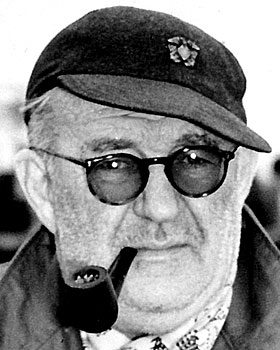
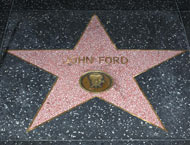
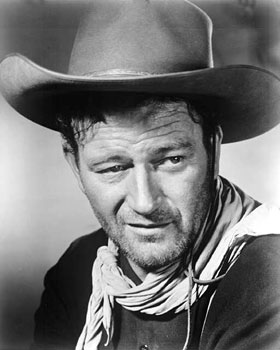
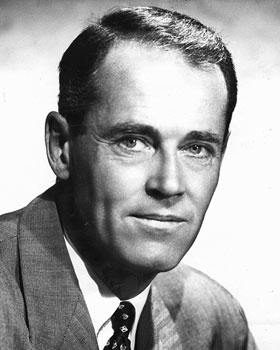
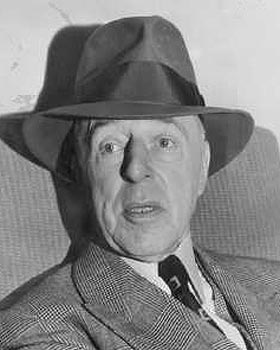
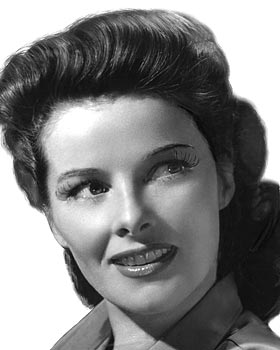
One thought about John Ford
Share a thought about John Ford